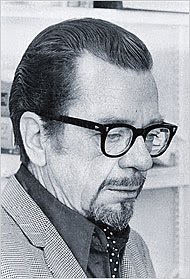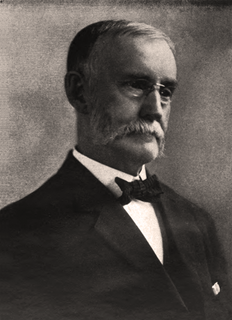A Quote by David J. Lieberman
When a person gives, he loves the object of his giving more -- and so love is planted and grows.
Related Quotes
The love of a wife to her husband may begin from the supply of her necessities, but afterwards she may also love his person: so the soul first loves Christ for salvation, but when it is brought to him, and finds what sweetness there is in him, then the soul loves him for himself, and esteems his person, as well as rejoices in his benefits.
He who asks to receive his daily bread does not automatically receive it in its fullness as it is in itself: he receives it according to his own capacity as recipient. The Bread of Life (cf. Jn. 6:35) gives Himself in His love to all who ask, but not in the same way to all; for He gives Himself more fully to those who have performed great acts of righteousness, and in smaller measure to those who have not achieved so much. He gives Himself to each person according to that person's spiritual ability to receive Him.
I say, as a singer grows older, his conception grows a little deeper, because he lives life and he understands what he is trying to say a little more. And I think this gives. If a singer tries to find out what's happening in life, it gives him a better insight on telling the story of the song he is trying to sing.
As he loves us, he would have us love others. We say men are not worthy of such friendships. True, they are not. Neither are we worthy of Christ's wondrous love for us. But Christ loves us-not according to our worthiness-but according to the riches of his own loving heart! So should it be with our giving of friendship-not as the person deserves-but after the measure of our own character.
From what has been said we can clearly understand the nature of Love and Hate. Love is nothing else but pleasure accompanied by the idea of an external cause: Hate is nothing else but pain accompanied by the idea of an external cause. We further see, that he who loves necessarily endeavors to have, and to keep present to him, the object of his love; while he who hates endeavors to remove and destroy the object of his hatred.




































